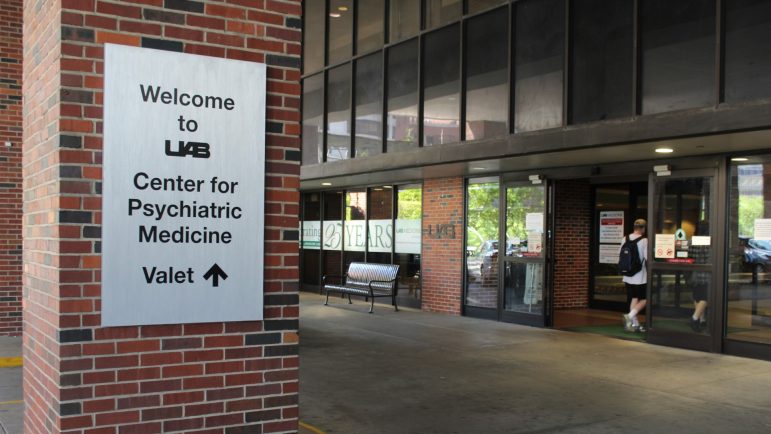Greyson Van Hagel went through six addiction treatment programs before he hit rock bottom.
“I just felt all the consequences of everything that I’d been doing and how my life had turned out,” Von Hagel says, “And I recognized that I was about to die, you know, quite soon. And so I called the people up at UAB and I begged them to let me return.”
Von Hagel spent almost a month in UAB’s residential addiction treatment unit, which provides overnight care for patients with substance use disorder. This time, the program worked. He stopped using drugs like heroin and methamphetamine and has been clean now for almost three years. Von Hagel credits the program with saving his life.
“You know I really felt like they cared for me when nobody else in the world did,” he says.
So Von Hagel was upset when he found out that UAB plans to close the residential addiction treatment unit on August 1st of this year. He says it will leave people like him with fewer treatment options.
Jordan DeMoss is vice president of clinical operations at UAB. He says he understands why some people oppose the decision to close the unit, but UAB wants to take a broader approach to addiction treatment.
“Our residential program serves somewhere between 100-150 patients per year,” DeMoss says. “We see over 30,000 patients per year from an addiction perspective across our system.”
DeMoss says patients who show up in places like the Emergency Department or a primary care clinic often do not get the addiction treatment they need. And he says UAB’s residential program is for people who have insurance or who can pay out of pocket, which leaves out the poorest patients.
The residential unit is also a financial drain, with a projected loss of $1.6 million dollars in 2019. DeMoss says 24/7 care is expensive and UAB does not charge as much as similar programs because it’s located in an inpatient hospital with fewer amenities. But DeMoss says closing the residential unit is less about saving money and more about redirecting it.
“So we wanted to look at how do we use money that we’re spending today and scale that to more patients and integrate that into acute care, or patients that present to us in crisis,” DeMoss says.
The plan is to increase addiction services across UAB and connect patients with existing treatment programs in the community.
For example, Fellowship House is a large state-funded treatment program in Jefferson County that provides inpatient and outpatient recovery for the under and uninsured. Beth Bachelor is the executive director there.
“I think it’s unfortunate whenever we lose services of any kind because we don’t have enough over all,” Bachelor says. “But I think you have to look at what UAB is doing in investing in treatment as a whole.”
Bachelor says she sees UAB building community partnerships and improving emergency treatment of opioid use disorder. UAB also continues to offer addiction services, like intensive therapy, at the hospital and through its Beacon Recovery Program.
Former patient Greyson Von Hagel says he supports the idea of expanding treatment for the underserved, but he also wants the residential unit to stay open.
“I think an institution as large as UAB should be able to walk and chew gum at the same time,” Von Hagel says. “It doesn’t have to be either or.”
Von Hagel says with UAB closing its program, he isn’t sure where he would go if he were to need residential treatment again. State-funded programs are an option for anyone, though they usually have a waiting list. For people with insurance, Bradford Health Services is the largest for-profit residential recovery program in the state. Another for-profit facility, Client Care Continuum, opened last year and also provides residential treatment for substance use disorder.

